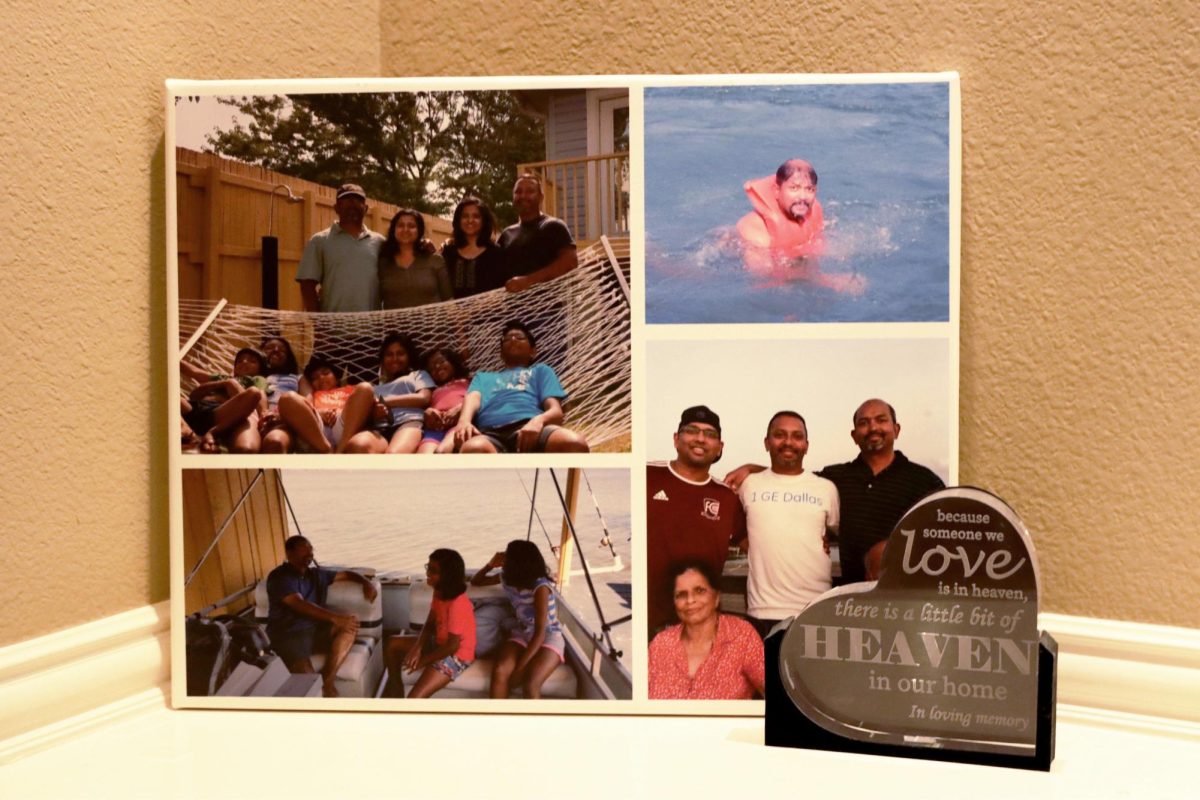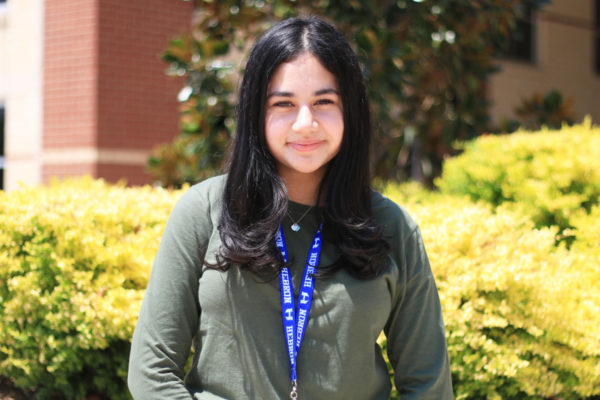Since I was little, Ramadan has been one of my favorite times of the year. My family spends more time together, I get to hang out with my friends at the mosque and I get to immerse myself in my religion.
Every year, Ramadan shifts up roughly 10 days. Last year, it started March 22, but this year, it starts March 10. When I was younger, Ramadan was mostly during the summertime and I was able to fast at home, stress-free. However, as I grew up and Ramadan started to become more of an important time in my life, it started to interfere with my personal life as well.
Ramadan is from March to April this year, which means it will be taking place during the school year. As much as I love Ramadan, there are many times when I struggle during the 30 days. Fasting from 5 a.m. to 8 p.m., all while having to live up to societal standards, is extremely difficult. School can already be stressful alone, but having to fast during it is even harder.
There have been multiple times when I have been fasting during school and suddenly felt a rush of fatigue; however, I can’t sleep because I am in school. Sometimes, I begin to feel dizzy while fasting, which causes me to feel like I might faint or take a longer time to comprehend information. Especially in hot weather, like in Texas, I have gotten horrible headaches to the point where the only solution is to sleep since I can’t drink water until later. My sister, who is in college, struggles with walking on campus to get to her classes when she is fasting because of how thirsty she becomes. There are times when I miss school because of how tired I am from fasting for continuous days.
Growing up, no one really spoke about the hardships of Ramadan, so whenever people would ask me how I felt while fasting or if I was excited, I replied with something positive. Ramadan is a time of peace, but it can also be stressful. In Ramadan, it is a big deal to pray because your good deeds multiply in the 30 days. However, trying to balance a heavy Ramadan schedule and a heavy school schedule is draining.
The purpose of Ramadan is to give back to those who are in need and to give food to those who are starving almost every day. It is meant to be a time of spiritual discipline, patience and self-control, to see how much someone truly puts their trust in God. It allows Muslims to reflect on their religion and become more in tune with their faith.
While fasting, I face a lot of judgment from both Muslims and non-Muslims. People have tried to peer pressure me into eating food and break my fast. They have also tried shoving food into my face or purposely talked about food to try to make me hungry. Although this never really works on me, it can be hard to not want to break my fast otherwise.
During Ramadan, if someone is sick, on their period, pregnant or traveling, they do not have to fast. However, there are a lot of people who do not know this and can be judgemental about someone who is not fasting. Since I am Muslim and a girl, it can be awkward explaining to a non-Muslim why I’m not currently fasting.
Even though Ramadan has its negatives, the memories I get from Ramadan will always make every fast, every day and every prayer worth it. I never want to say that I don’t struggle heavily during this month, but I know that it is extremely important to give back to those who do not have food or water every day. Thinking of the purpose of Ramadan — to help those in need — allows me to understand the difficulties and realities of what people face.
As Ramadan approaches, I hope to remember that with each struggle I come across, I only grow stronger in my faith and as a person. I can’t wait for the iftars (time of eating right after breaking fast) and sahoors (time of eating before the fast begins) that will be filled with family, laughter and joy.









